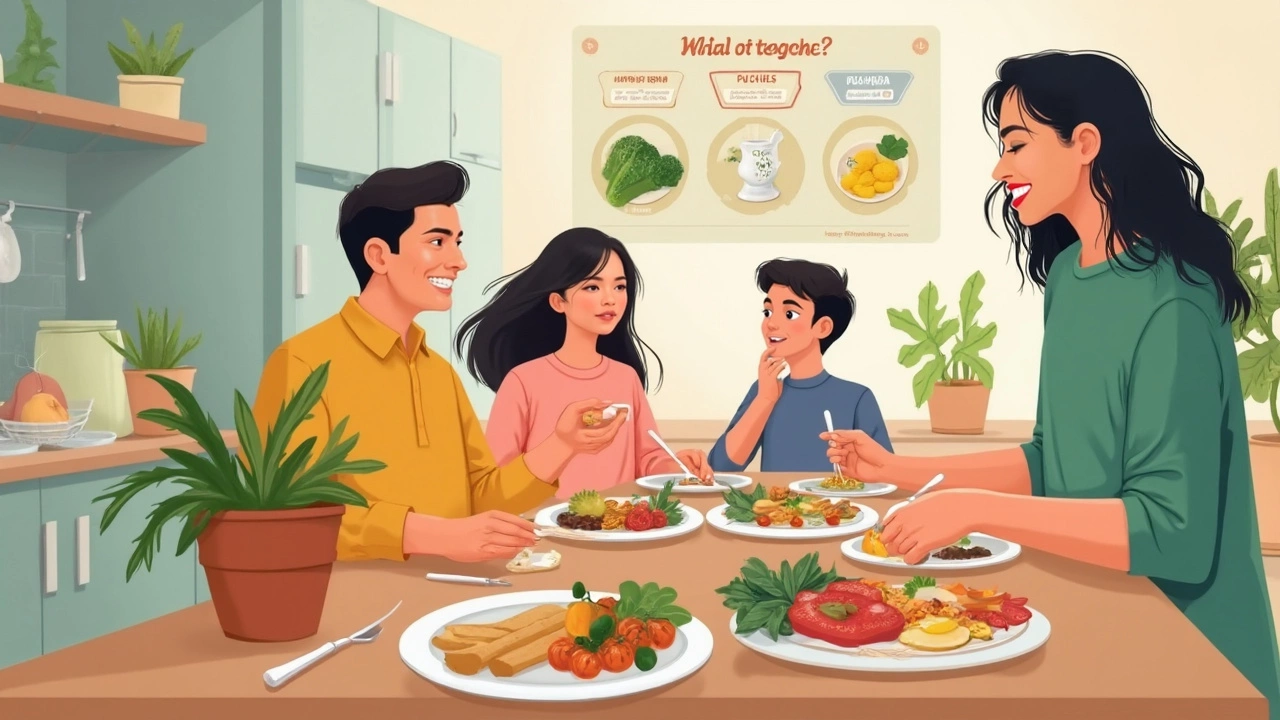Vegan Nutrition – How to Get All the Good Stuff on a Plant‑Based Diet
If you’ve gone vegan or are thinking about it, the biggest question is usually “Will I get enough nutrients?” The short answer is yes – you just have to plan a bit. Your body needs protein, iron, calcium, vitamin B12 and a few other things, and all of those can come from plants when you choose the right foods.
First, think of protein as the building block for muscles, hormones and enzymes. Beans, lentils, chickpeas, tofu, tempeh and edamame are packed with it. One cup of cooked lentils gives about 18 g of protein, which is roughly the amount you’d find in a chicken breast. If you mix different protein sources throughout the day, you’ll cover all the essential amino acids without any fuss.
Key Nutrients to Watch
Vitamin B12 is the trickiest because it’s not naturally present in plants. Look for fortified plant milks, cereals, nutritional yeast or a reliable supplement. A daily 2‑5 µg dose keeps you safe and stops fatigue or nerve issues.
Iron from plants (non‑heme iron) isn’t absorbed as well as animal iron, but you can boost it by pairing iron‑rich foods with vitamin C. Toss a handful of spinach into a chickpea salad and add orange slices or bell peppers – that combo can double iron absorption.
Calcium shows up in fortified soy or almond milks, tofu made with calcium sulfate, and leafy greens like collard greens and bok choy. One cup of fortified soy milk typically supplies the same calcium as a glass of dairy milk.
Omega‑3s are important for brain health. Ground flaxseeds, chia seeds and walnuts give you ALA, which the body can convert to EPA and DHA, though not very efficiently. If you want a stronger boost, consider a algae‑based supplement.
Everyday Vegan Meal Ideas
Breakfast: Blend rolled oats, almond milk, a scoop of protein powder, banana and a tablespoon of chia seeds. Let it sit a few minutes and you’ve got a creamy, nutrient‑dense bowl.
Lunch: Build a bowl with quinoa, roasted sweet potato, black beans, avocado, and a drizzle of tahini‑lemon dressing. You’ll hit protein, iron, healthy fats and a good dose of calcium from the tahini.
Dinner: Stir‑fry tofu with broccoli, carrots, bell peppers and a sauce of soy sauce, ginger and garlic. Serve over brown rice, and you’ve covered protein, iron, calcium and vitamin C in one pan.
Snacks: Keep a stash of roasted chickpeas, nut butter on whole‑grain crackers, or a handful of mixed nuts and dried fruit. They’re quick, satisfy cravings and keep your nutrient intake steady.
Don’t forget about variety. Switching up beans, grains and veggies means you’ll get a broader spectrum of vitamins and minerals, and it keeps meals interesting. If you ever feel low on energy, check your B12 and iron levels first – a simple blood test can save a lot of guesswork.
In a nutshell, vegan nutrition isn’t about restricting yourself; it’s about choosing foods that give you what your body needs. Focus on protein‑rich legumes, fortified products for B12, iron‑rich greens paired with vitamin C, calcium sources, and omega‑3 seeds. Mix and match, keep meals colorful, and you’ll stay healthy and satisfied on a plant‑based path.
What Nutrients Do Vegans Miss? Critical Deficiencies Explained


